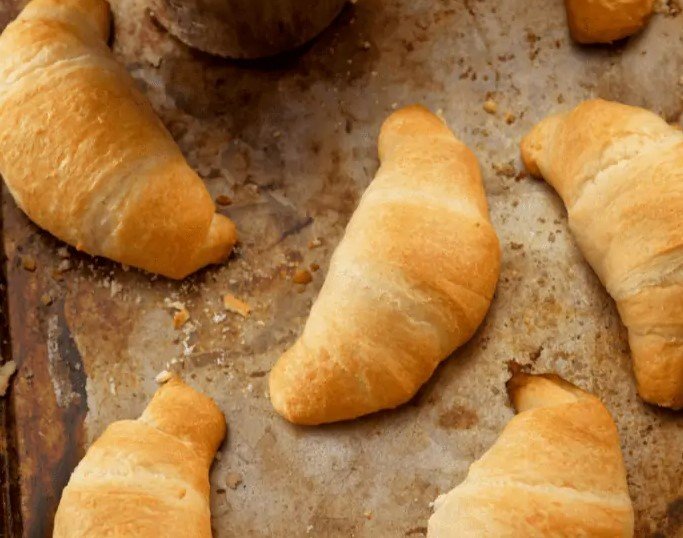Brisket is a classic barbecue dish, and when done right, it can be a delicious delicacy. It is a staple for many special occasions, especially outdoors. However, it is not easy to cook brisket the right way. It takes time, effort, and resources to get it right. Once this tedious task is accomplished, you may want to store your leftover brisket.
But how long can cooked brisket stay in the fridge, and still maintain its flavor and quality? In this blog post, we will take an in-depth look into this question, and provide you with all the essential information you need to know.
Ideal Storage Time for Cooked Brisket
Before diving into the ideal storage time for cooked brisket, it is important to ensure it is stored correctly. Cooked brisket should be refrigerated immediately after cooking and stored in an airtight container.
It can be stored in the fridge for up to 4 days or in the freezer for up to 2-3 months. However, the ideal storage time for cooked brisket can vary depending on a variety of factors.
Factors that Affect the Shelf Life of Cooked Brisket
Several factors can impact the shelf life of cooked brisket, such as temperature, bacteria growth, and storage environment. The ideal temperature for storing cooked brisket is between 35°F – 40°F.
Anything near or above 40°F can lead to bacterial growth, reducing the shelf life of the meat. Moreover, cooked brisket that is left in the open for too long can also expose it to outside pollution and pathogens, reducing its shelf life.
Signs that your Cooked Brisket has Spoiled
It is essential to keep an eye out for signs that your cooked brisket has gone bad. This can include an off smell, slimy texture, or a sour taste. If any of these signs are present, it is recommended not to consume the brisket. Moreover, if you notice that your brisket is being stored in an environment that is causing bacterial growth or spoilage, it is best to discard it.

Tips for Maintaining the Quality of Cooked Brisket
Here are some tips to ensure your cooked brisket maintains its quality, even after refrigeration or freezing:
- Before storing, make sure you wrap the brisket tightly in a cling film or foil.
- Let the brisket cool down completely before refrigerating or freezing.
- Store your brisket in a clean and airtight container.
Reheating Cooked Brisket
Reheating leftovers can be tricky, and brisket is no exception. Here are some guidelines to keep in mind when reheating cooked brisket:
- Brisket should be reheated to an internal temperature of 165°F to kill any bacteria present.
- Reheating brisket in the oven or slow cooker at low temperatures is the best way to preserve the moisture and flavor.
- If reheating in the microwave, use 50% power and add a bit of water or broth to prevent dryness.
- Avoid reheating the brisket more than once as it may lead to food poisoning.
Freezing Cooked Brisket
If you are not planning to consume the leftover brisket within five days, it is best to freeze it. Here are some tips for freezing cooked brisket:
- Divide the brisket into small portions to avoid thawing more than you need.
- Wrap the brisket tightly in plastic wrap or aluminum foil to prevent freezer burn and air exposure.
- Label the brisket with the date of freezing to keep track of its shelf life.
- Cooked brisket can stay fresh in the freezer for up to three months.
Conclusion:
Storing cooked brisket is not the simplest task, but it can be done without jeopardizing its quality if you do it correctly. Cooked brisket can be stored in the fridge for up to 4 days or in the freezer up to 2-3 months, but this all depends on how well you store it. Remember, it’s essential to keep an eye out for signs of spoilage so that you can avoid any food-borne illness.
It is also important to reheat your brisket correctly and at the right temperature to avoid any risks. We hope our blog post has provided you with some valuable insights into the storage and maintenance of cooked brisket.















